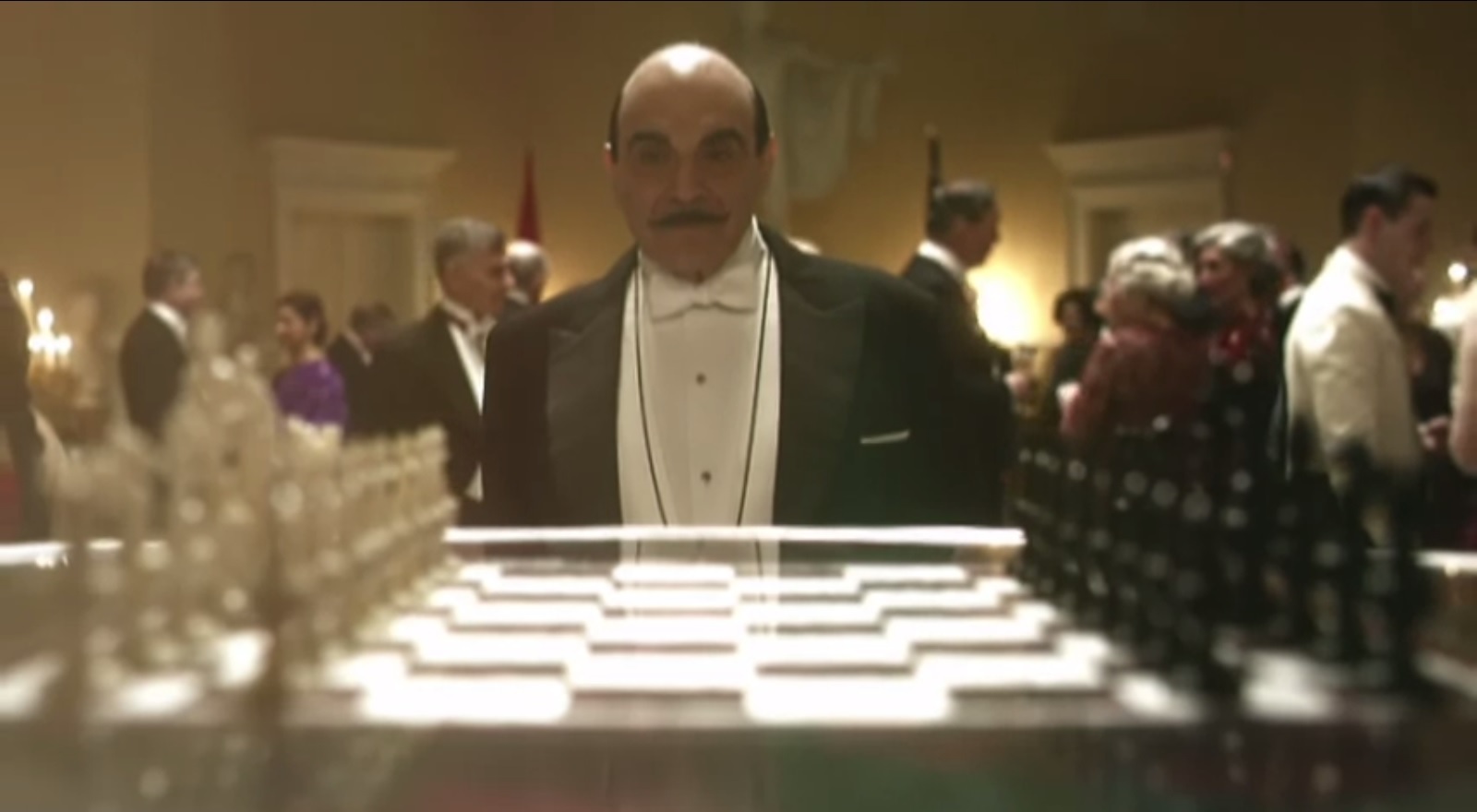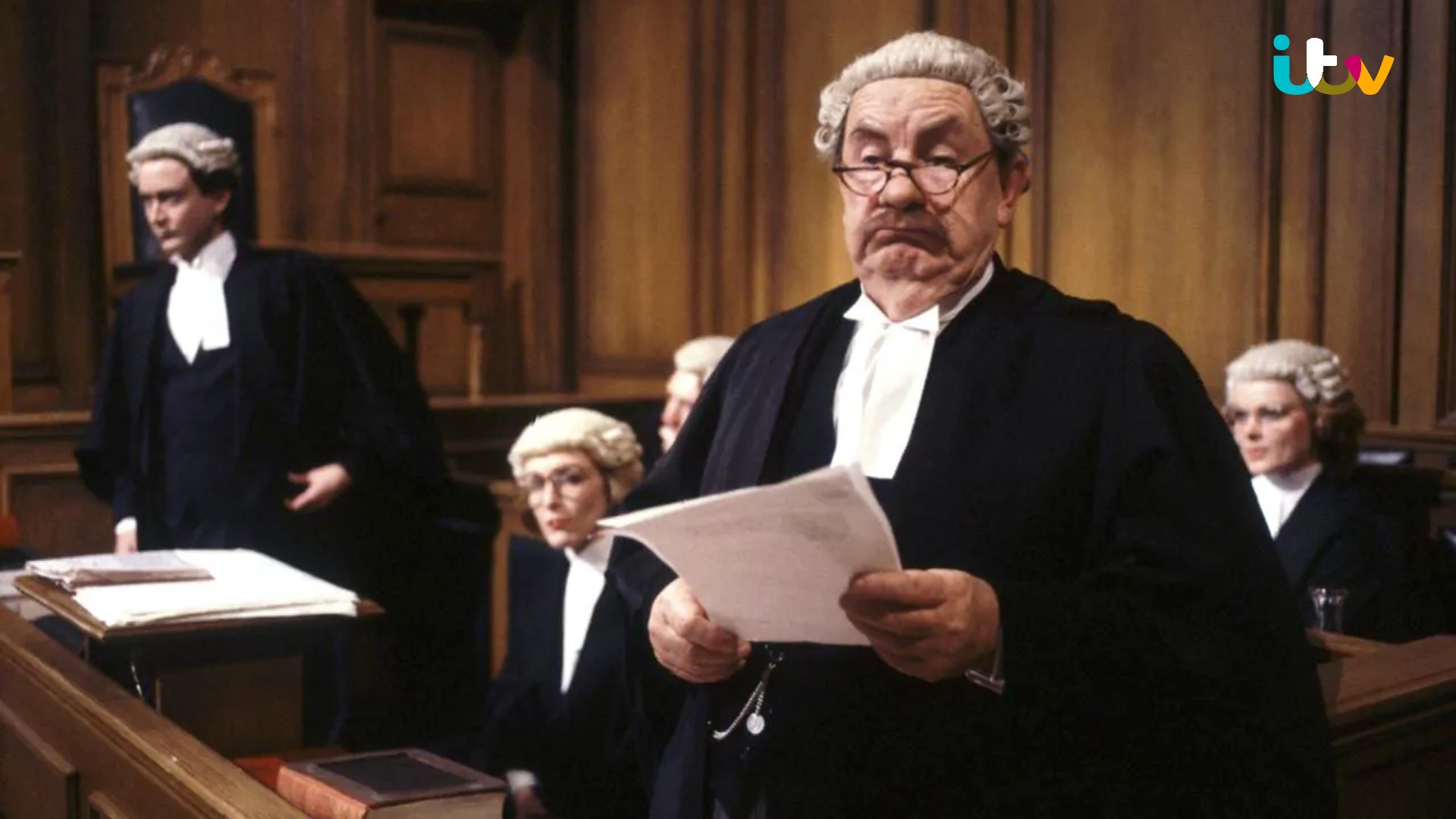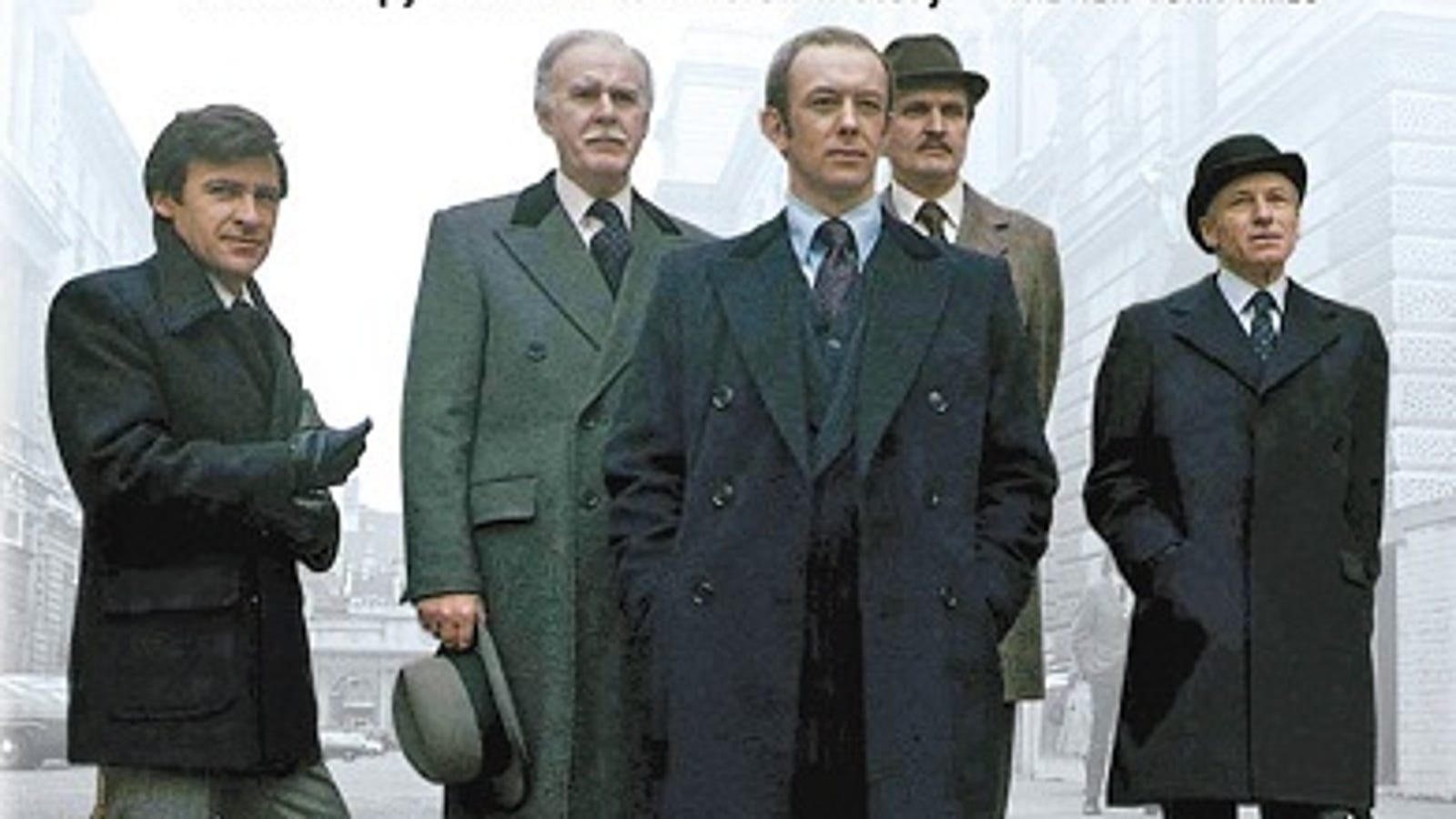When I had just finished high school, my family and I were forced into a pretty dire situation, living out of our RV on a plot of land we owned in the Santa Cruz Mountains in California. It was difficult, but ultimately a surprisingly happy life. We never hurt for food or medical care, and the area was so beautiful and quiet. I spent my days reading and drawing and exploring the woods and mountains with my dog, and most days we'd drive down to the city where there was always plenty to do even without any money.
We didn't have a TV, so we spent a lot of time listening to NPR on the radio, and I fell in love with their human interest stories and the various comed programs, and learned a lot about all kinds of different things. Eventually I got a laptop with some scholarship money, and we were able to watch DVDs in the evenings, and life felt a lot more like it used to.
DVDs were still relatively new at the time. Not everyone had a DVD player quite yet, so our selection at the library seemed rather limited. There was definitely very little that was popular available, but that ultimately proved to be a great benefit, as it exposed us to some really good classic stuff that I otherwise would have never given a chance.

So obviously if you've watched any PBS at any time between 1990 and 2010 you'll probably have caught the Agatha Christie's Poirot produced by ITV. It's hard to say that it wasn't popular, considering that it can for 13 series across a quarter century, but in America at least, it was largely a niche series.
David Suchet plays Poirot, in what is probably the quintessential version of the character, and has covered every single one of Christie's original stories. Watching his various adventures in the evenings in the RV were always a delight, and he showed up in my dreams fairly frequently.
After we moved to Arizona and life became a little less cramped, I got into reading the actual Poirot mysteries, and was fairly enthused by how well they had been adapted.

Now I still don't really know how the British legal system works, but Rumpole of the Bailey kept me interested anyway. What I expected was a slapstick, but instead got a very thoughtful character study.
I found it to be very different from American legal procedurals that I had watched a lot of with my parents while I was in high school. Law and Order, the Practice, etc. It gave me a lot more sympathy to characters that otherwise just got labeled scumbag in the media that I had been consuming before that.
I hadn't had a lot of exposure to media that portray character flaws as something neutral and not as a moral failing. I suppose I still don't, as nobody really does, especially in this worsening climate of media literacy. Something I would recommend to people who are interested in people being people.

Fuck James Bond, this is *the* spy series for me. Sandbaggers is a gritty and bureaucratic examination of the intelligence apparatus in Britain, and despite it being all about the stuffy corridors populated by paper pushers it is deeply compelling.
The series emphasizes the importance of management decisions and careful planning that goes into intelligence operations, and calls out James Bond by name for being an unrealistic portrayal of the craft. It follows the machiavellian scheming that goes on behind the scenes, and shows how dehumanizing the entire trade is.
Despite its darkness, it did inspire me to try my hand at the intelligence community myself, and perhaps it is for the best I didn't get too deep into that nonsense if the series has any real accuracy.
It only occurs to me now that not only were these shows British, but also specifically all ITV series. I find it a little funny how many ITV series I enjoy, even now, and seemingly my entire life.
Nowadays I'd bet the library has a much more mainstream selection on their DVD shelves. My poorness in my youth never barred me from having access to what some folks like to call sophisticated media, and in many ways because of my financial limitations I was encouraged to explore more obscure and intellectual material that has definitively shaped who I am today. I find myself wondering how much of the same might be expected in these days, and how much might be expected in the future.
We live in an era of active hostility to such "free" resources for the poor. I take some pride in being a kind of person who would not come to exist in the world that is being increasingly pushed upon us, even if the general zeitgeist is one of terror.
If there's any lesson to be learned, it is to visit your local library. It is perhaps a lesson I could stand to follow myself.